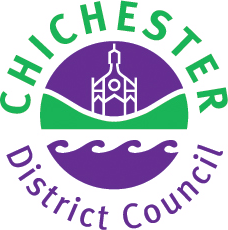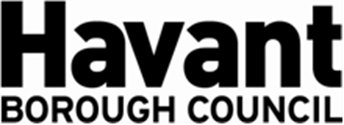IT IS IMPORTANT THAT PART 2 OF THE REGISTRATION
AVIS IMPORTANT SI VOTRE DEMANDE N’EST PAS DÉPOSÉE¡IMPORTANTE! DEBE LLENAR EN INGLÉS SMALL GROUP MEMBER
MODULE SPECIFICATION IMPORTANT NOTES – PLEASE READ
RSPB FUNDRAISING DIRECT APPLICATION PACK IMPORTANT INFORMATION
! STYLE RELSTYLESHEET TYPETEXTCSS MODALFADE { ZINDEX 10000000 !IMPORTANT
!DOCTYPE HTMLHTML LANGENHEAD STYLEASYNCHIDE{OPACITY0!IMPORTANT}STYLE SCRIPT(FUNCTION(ASYNCHIDE){SCLASSNAME+ +YHSTART1NEW DATE HENDIFUNCTION(){SCLASSNAMESCLASSNAMEREPLACE(REGEXP( ?+Y))}
Failure to comply with these requirements
It is important that Part 2 of the registration document is completed by the person receiving the shellfish and that both they and the gatherer keep a copy for 12 months.
However, if a batch is split, then a copy of the original Registration Document is permitted and must accompany each sub batch together with the full name and address of the person splitting the batch.
Failure to comply with these requirements
If Shellfish are harvested from unclassified or prohibited beds or a batch of live shellfish is not accompanied by a completed registration document, food authorities are empowered to seize them and seek an order for their destruction through the Court. Further charges can also be brought against the gatherer.
A person found guilty of an offence under these regulations can be subject to a fine, and/or imprisonment of up to two years.
Further information and advice
Food Standards Agency website www.food.gov.uk
Your local authority:
|
|
|
Health Protection Team Health Protection and Environmental Management Chichester District Council East Pallant House 1 East Pallant Chichester PO19 1TY
Tel: 01243 534602 Email: [email protected] |
|
|
|
|
|
|
|
|
|
Environmental Health Team (Commercial) Havant Borough Council Public Service Plaza Havant PO9 2AX
Tel: 02392 446654 Email: [email protected]
|
Produced by
The Southern Shellfish Liaison Group October 2008
(Amended October 2013)
Shellfish
Information for
commercial gatherers
and merchants
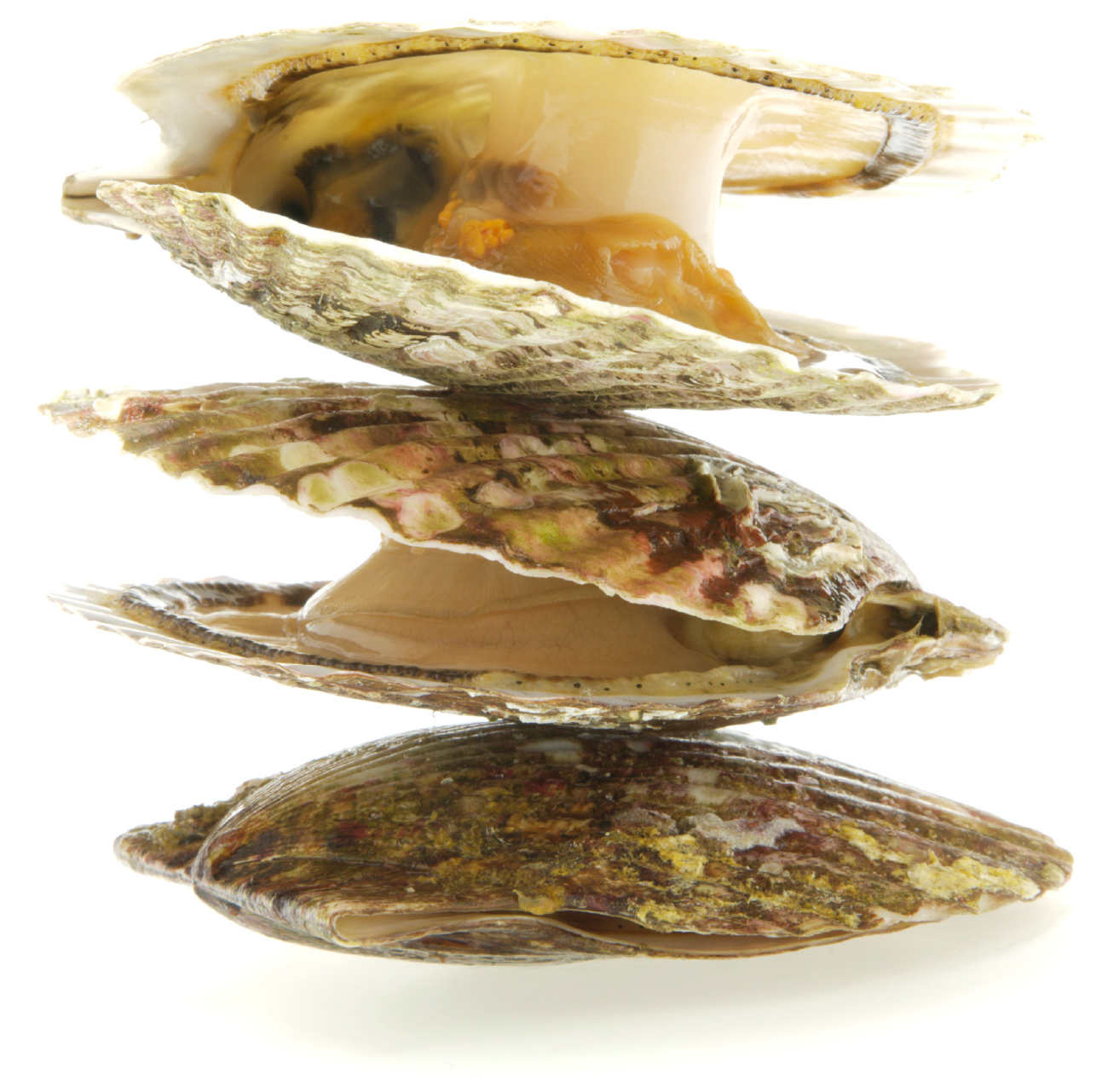
Introduction
This leaflet deals with your duties when gathering, handling and selling live bivalve molluscs, eg, clams, cockles, mussels, oysters, etc. The commercial production and sale of these is strictly controlled as they have the potential to cause serious illness due to the way in which they feed.
The consumption of contaminated shellfish can cause illness with a range of symptoms from vomiting and diarrhoea to partial paralysis and even death. Live bivalve molluscs are filter feeders therefore any contaminants in the water such as E.coli, viruses and algal toxins can be retained in their flesh. It is critical that gatherers and merchants comply with the shellfish legislation to prevent food poisoning occurring.
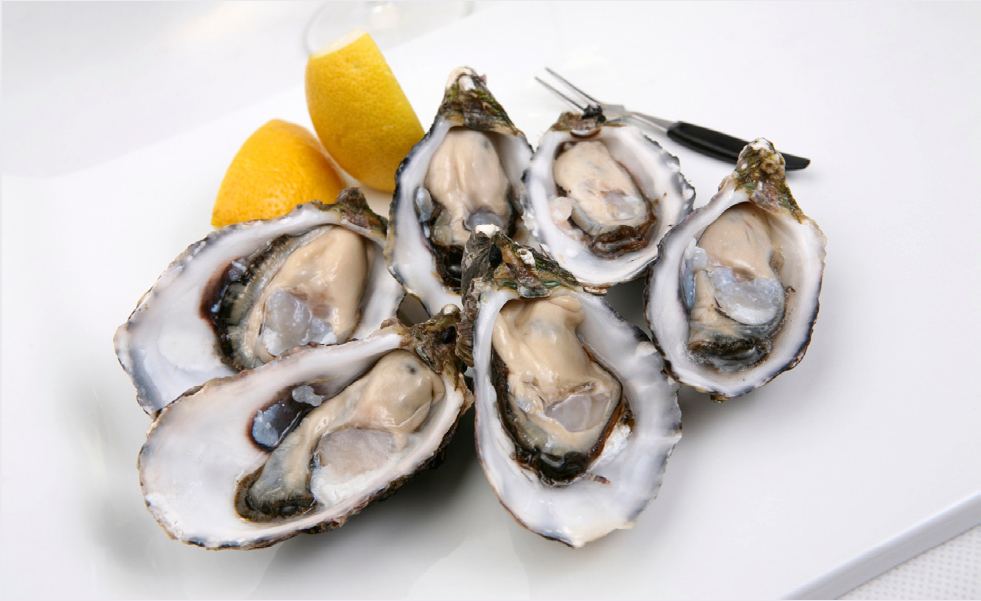
Legislation
EC Regulations 853/2004 and 854/2004 set out criteria relating to the commercial production and sale of live bivalve molluscs from classified production areas. These regulations are law in the UK and are implemented by means of the Food Hygiene (England) Regulations 2006.
Classification
Local Authorities carry out monthly bacteriological sampling of production areas. The results are used, by the Food Standards Agency, to classify these areas according to the E.coli levels in the shellfish sampled.
The classification determines the areas where shellfish can be collected from and how the shellfish have to be treated, after harvesting, to ensure they are safe to eat.
Classification categories
• A class - bivalve molluscs can be harvested for direct human consumption.
• B class - bivalve molluscs can be marketed for human consumption after purification in an approved plant or after relaying in an approved class A relaying area or after being subjected to an EC approved heat treatment process.
• C class - bivalve molluscs can be marketed for human consumption only after relaying for at least two months in an approved relaying area followed, where necessary, by treatment in a purification centre, or after an EC approved heat treatment process.
• Prohibited areas - bivalve molluscs must not be subject to production or be collected.
• Unclassified areas - bivalve molluscs must not be subject to production or be collected.
Chichester Harbour
Chichester Harbour is currently classified for Native Oysters only; no other bivalve molluscs should be harvested from this area for commercial sale.
Up to date categories of the beds within the Harbour can be confirmed by Chichester or Havant Councils or found on the Food Standards website at:
http://www.food.gov.uk/foodindustry/farmingfood/shellfish/shellharvestareas/
Registration documents
Registration documents are an important link in a chain of public health control measures designed to ensure that shellfish placed on the market are safe to eat. It is therefore essential that the origin of the shellfish is known and that this traceability is maintained from harvesting to final sale.
Registration documents are required for all batches of live bivalve molluscs. They are available free of charge on request from your local authority (Chichester District Council or Havant Borough Council). They are serially numbered and must not be photocopied. A new document must be used for each batch.
The completed registration document must accompany each batch at all times during transport from the production area to the place of destination, e.g. purification centre, dispatch centre, relaying area, processing plant. All relevant sections must be completed legibly and indelibly.
(AVISO IMPORTANTE A LO LARGO DE ESTE DOCUMENTO VAN
(IMPORTANT TIP THIS MOTION IS NOT RECOMMENDED FOR FILING
1 ES IMPORTANTE QUE TERMINES PRONTO PN ES IMPORTANTE
Tags: important that, an important, important, registration
- Universitas Sebelas Maret Fakultas Hukum Hubungan Masyarakat (humas) Kuesioner
- Title Eating at the Kings Table Bible Book Selected
- HEXAWARE APTITUDE PAPER 1 SYNONYMSANTONYMS & INCORRECT SPELLINGS SOME
- Universitas Sebelas Maret Rapat Kerja Fakultas Hukum Tahun 2012
- PRÍLOHA Č 1 UKAZOVATELE VÝSTUPOV PROJEKTU POČTY PUBLIKÁCIÍ CITÁCIÍ
- 5º PLANNING DEL ÁREA DE LENGUA SEXTO DE PRIMARIA–
- CDC SHARED MONOGRAPHS COORDINATING GROUP CHARGE DECEMBER 13 2010
- LAS NARANJAS PERDIDAS UN VAGABUNDO ENTRÓ FURTIVAMENTE EN
- LA MAISON DE LA SEMENCE CRÉÉE EN JUIN 2006
- BUSINESS ENTITY DISCLOSURE CERTIFICATION FOR NONFAIR AND OPEN CONTRACTS
- RANKING DE LA FEDERACIÓN DE TENIS DE MADRID ABSOLUTO
- KIRCHENGESCHICHTE DER FRÜHEN NEUZEIT MODUL 2 QUELLEN UND ENTWICKLUNGEN
- VÍA DA PRATA PROVINCIA DE OURENSE PUERTO DE
- GUÍA DEL CANDIDATO – MUNDUS LINDO SEGUNDA COHORTE INTRODUCCIÓN
- INSCRIPCIÓN CURSO 20212022 ACTIVIDAD EXTRAESCOLAR DE TEATRO COLEGIO CEIP
- EXISTENCIA DE COSTOS FIJOS SEGMENTALES UNA EMPRESA MULTIPRODUCTORA PUEDE
- CAMBIO DE RESPONSABLE DE UN GRUPO DE INVESTIGACIÓN SE
- ZIPCLOUD ES LA SOLUCIÓN IDEAL PARA NO PERDER ARCHIVOS
- FECHA SEÑOR(A) DIRECTOR(A) ESCUELA DE TECNOLOGÍAS EN SALUD
- UGOTAVLJANJE DAVČNE OSNOVE Z UPOŠTEVANJEM NORMIRANIH ODHODKOV POMENI POENOSTAVLJEN
- Figyelem! a Jelentéslap Akkor Használható ha a Wwwisziirhu Elektronikus
- 13 MÓRI POLGÁRMESTERI HIVATAL 8060 MÓR SZENT ISTVÁN TÉR
- ORGANISING YOUR IMAGES IN ADOBE BRIDGE ADOBE BRIDGE ADOBE
- E KRABBE’S “THE PRAGMATICS OF DEDUCTIVE ARGUMENTS” TITLE THE
- Inertia Bases Update Blue Text to Suit Project 101
- GUÍA PARA RESPONDER FORMATO DE POSTULACIÓN MEJORES PRÁCTICAS 2017
- ATTACHMENT 1 CHANGE ORDER 1 VENDOR CONTRACT 541 1212001
- B I L G I L E N D
- Zapisnik 4 Redne Seje Sveta ks Senuše ki je
- ATTACHMENT 2A STANDARDIZED LETTER IN SPANISH UPSTATELDSS VERSION DATE
CONFERÈNCIES D’EXTENSIÓ CONFERENCIAS DE EXTENSIÓN CICLE DE CONFERÈNCIES
MARNIE REED PROFESSIONAL ADDRESS BOSTON UNIVERSITY SCHOOL OF EDUCATION
 ADENDA DE LA GUIA DOCENTE DE LA ASIGNATURA NOMBRE
ADENDA DE LA GUIA DOCENTE DE LA ASIGNATURA NOMBRE JUEVES 08 DE NOVIEMBRE DE 2007 LA ONG HARAMBEE
JUEVES 08 DE NOVIEMBRE DE 2007 LA ONG HARAMBEE MODULE ROBOTICS TOPIC AREA FORCE AND MOTION
MODULE ROBOTICS TOPIC AREA FORCE AND MOTION EVERYONE WINS PARTY! THERE ARE ONLY 7 PEOPLE INVITED
KO KO ZENBAKIDUN EPAITEGIARI ABOKATUA JAKINARAZPENETARAKO HELBIDEA
 PRÁCTICA 2 SISTEMA DE GESTIÓN DE BASES DE DATOS
PRÁCTICA 2 SISTEMA DE GESTIÓN DE BASES DE DATOS SNELBOUWSTEEN + SOPRATHERM ALU MECHANISCH BEVESTIGD EN NADEN AFGEWERKT
SNELBOUWSTEEN + SOPRATHERM ALU MECHANISCH BEVESTIGD EN NADEN AFGEWERKT GŁÓWNY URZĄD STATYSTYCZNY AL NIEPODLEGŁOŚCI 208 00925 WARSZAWA PODSTAWA
GŁÓWNY URZĄD STATYSTYCZNY AL NIEPODLEGŁOŚCI 208 00925 WARSZAWA PODSTAWA7 A I D E M E M O
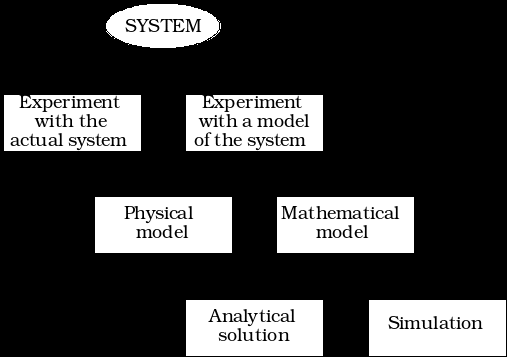 OVERVIEW OF SYSTEMS SIMULATION INTRODUCTION USES POPULARITY OF
OVERVIEW OF SYSTEMS SIMULATION INTRODUCTION USES POPULARITY OF M OCHA MOVES WOULD LIKE TO GIVE WARM THANKS
M OCHA MOVES WOULD LIKE TO GIVE WARM THANKS EK – 1 TAKVIYE EDICI GIDALARDA KULLANILAN VITAMINLER VE
EK – 1 TAKVIYE EDICI GIDALARDA KULLANILAN VITAMINLER VE INSTRUMEN EVALUASI DIRI IMPLEMENTASI SISTEM PENJAMINAN MUTU INTERNAL PERGURUAN
INSTRUMEN EVALUASI DIRI IMPLEMENTASI SISTEM PENJAMINAN MUTU INTERNAL PERGURUAN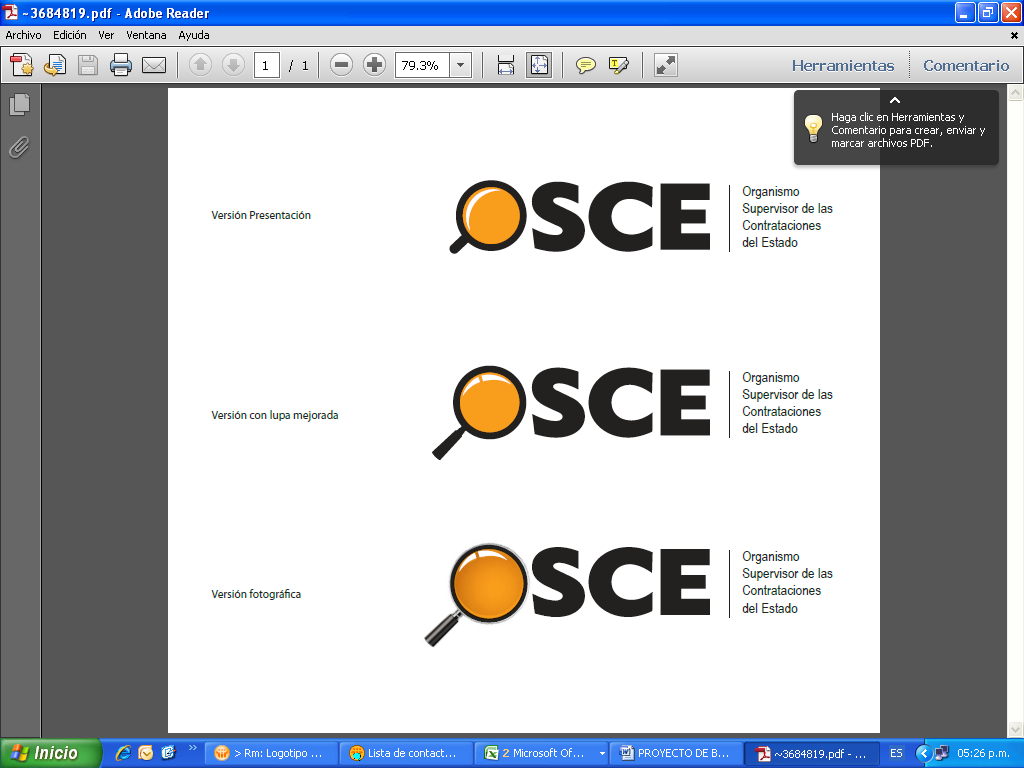 COMITÉ DE SELECCIÓN CONCURSO DE CAS N° 0092012OSCE CONCURSO
COMITÉ DE SELECCIÓN CONCURSO DE CAS N° 0092012OSCE CONCURSO IMPLEMENTING A PAILLIER THRESHOLD CRYPTOGRAPHY SCHEME AS A WEB
IMPLEMENTING A PAILLIER THRESHOLD CRYPTOGRAPHY SCHEME AS A WEBSAMPLE ENTER YOUR OWN FACILITY INFORMATION DATE PROCEDURES FOR
PLANNING AND BUDGET COMMITTEE MEETING MINUTES 4604 MEMBERS IN
AGRES 2395 (XXXVIIIO08) INCREASING AND STRENGTHENING CIVIL SOCIETY PARTICIPATION
